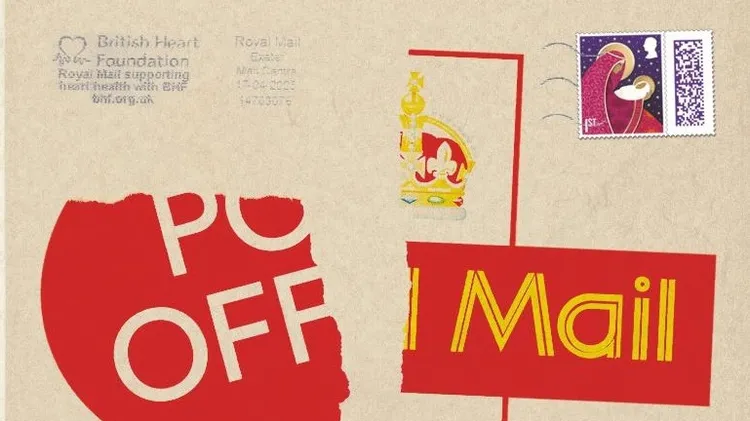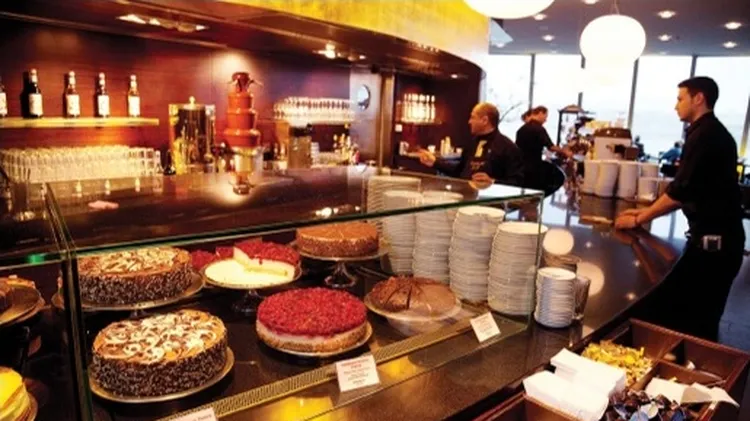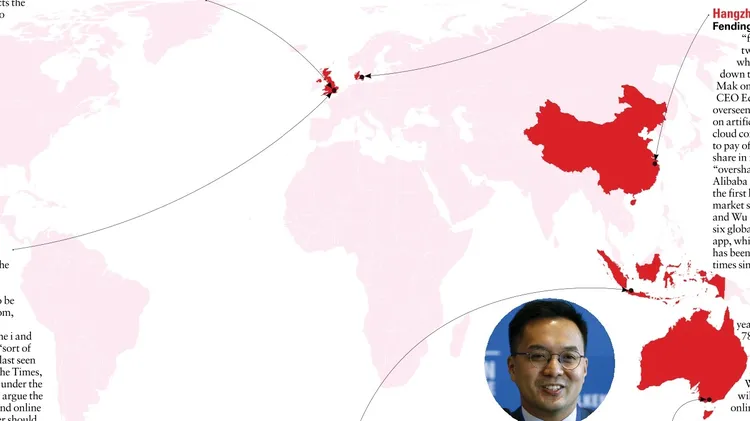With fewer of us sending letters, dealing with the nation’
The sad decline of the royal mail
4 min read
This article is from...
Read this article and 8000+ more magazines and newspapers on Readly






